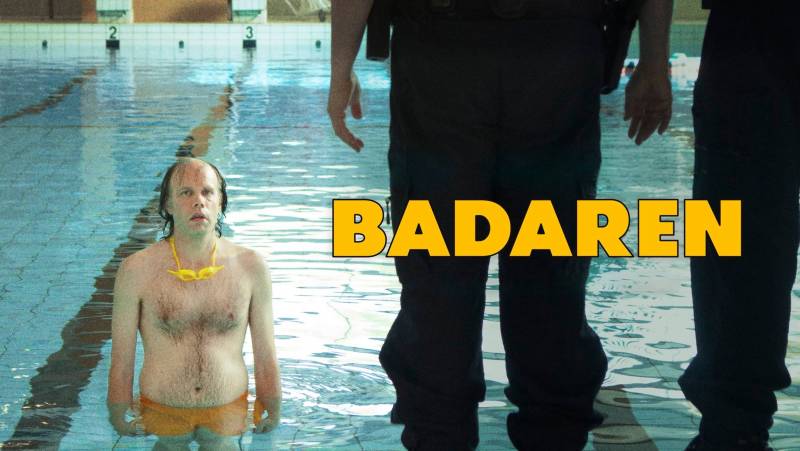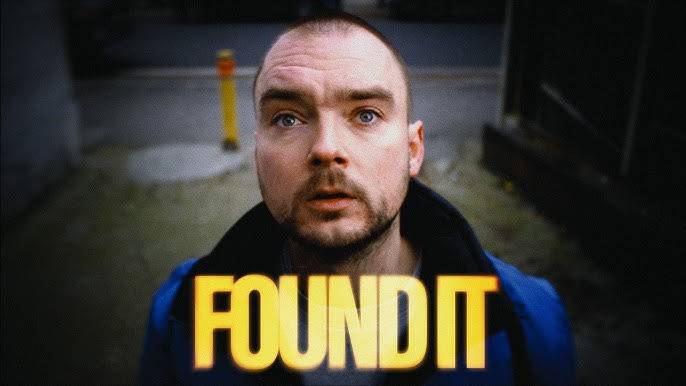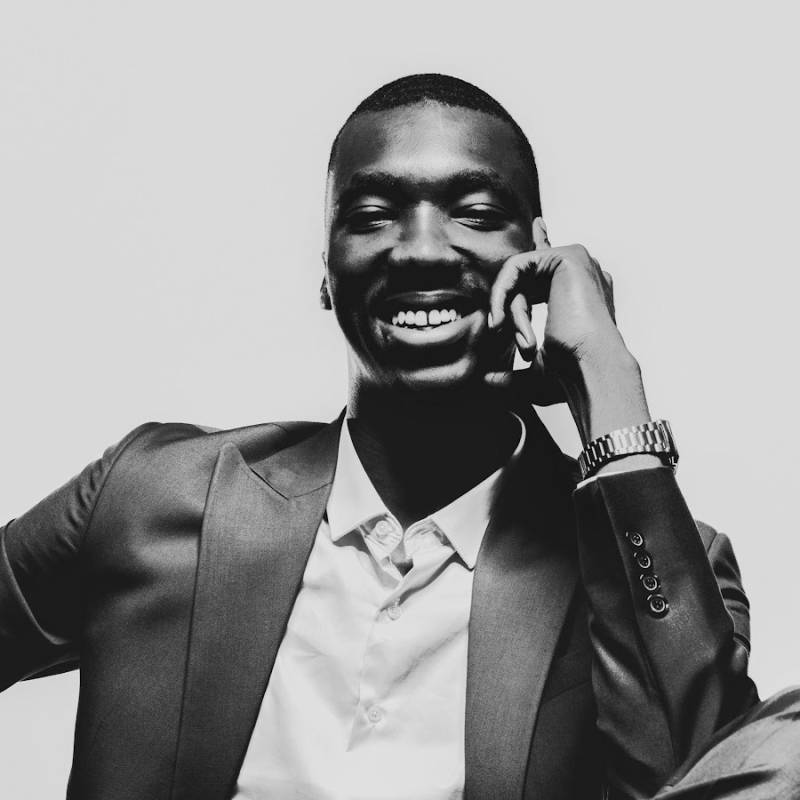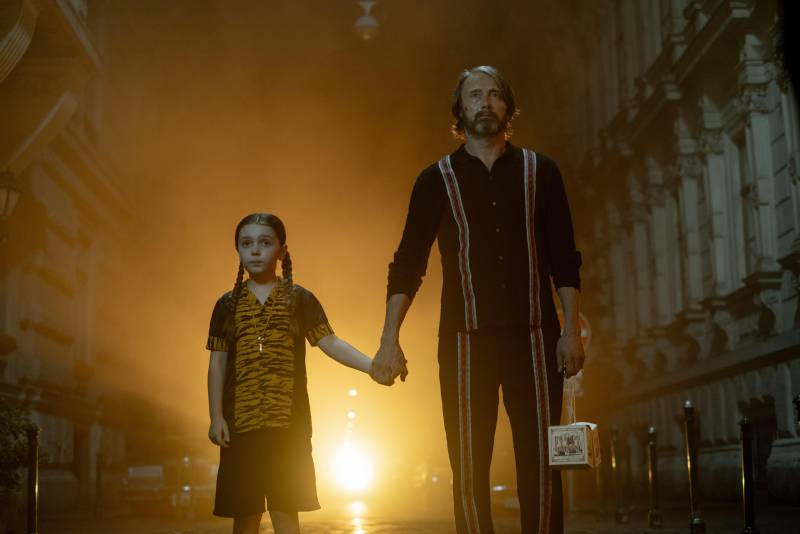John Cena is more than a wrestler, more than a punchline in memes, or a chiseled action hero yelling through explosions. He's one of the few living contradictions Hollywood has not only tolerated but fully embraced: a musclebound legend who acts with sensitivity, a veteran of the squared circle who doesn’t run from self-parody, and perhaps most curiously, a man who learned the weight of silence only after decades of roaring crowds.
When Cena recently sat down to rewatch some of his iconic performances—from Wrestlemania bouts and comic relief in Trainwreck, to emotionally layered scenes in Peacemaker, Barbie, and F9—the exercise wasn’t just promotional. It was revealing. “This is the one thing we couldn't wing out there,” he says in passing, a throwaway comment that, on closer inspection, carries decades of labor, loyalty, and quiet transformation. To understand Cena's career is to understand reinvention. His earliest days in WWE were loud, brash, and almost comical—he wore oversized chains, talked like a battle rapper, and ended every segment with a catchphrase. For a while, that was enough. Wrestling fans wanted spectacle, not sincerity. But Cena, ever the outlier, chased something different. In wrestling, he was a symbol. But outside it, he aspired to substance.
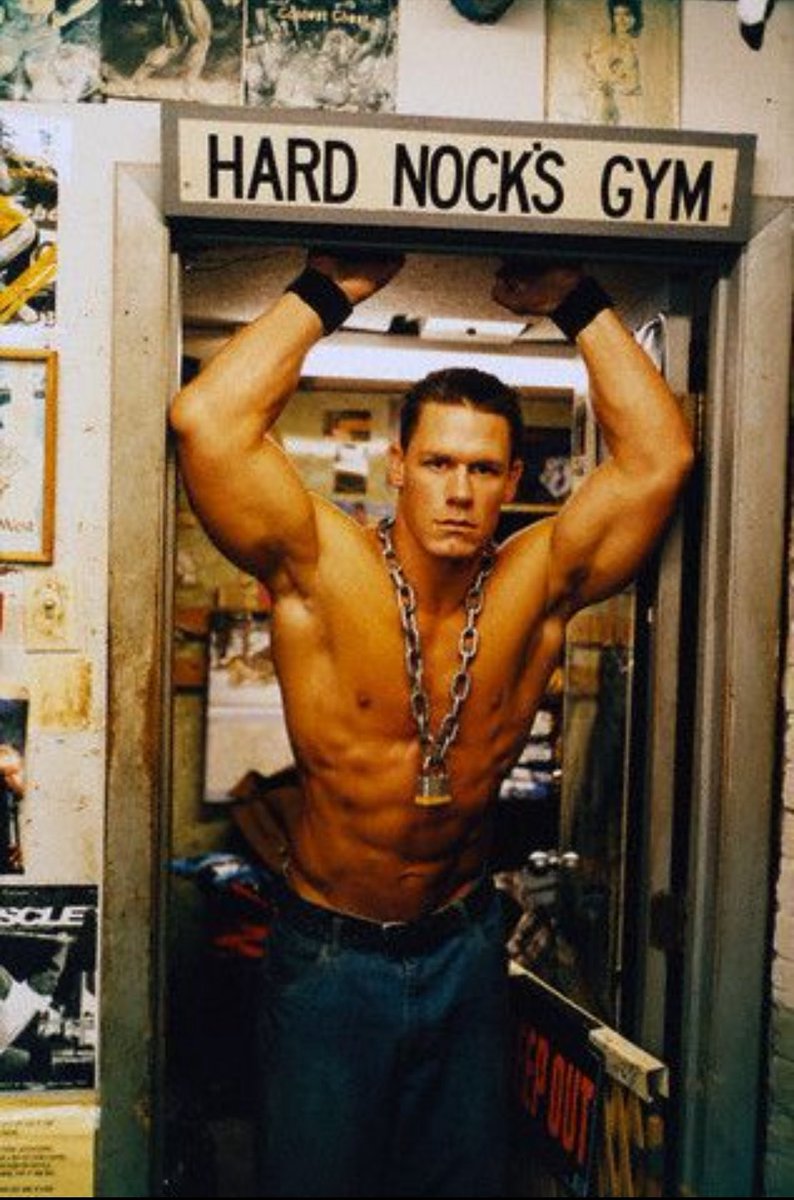
Related article - Uphorial Podcast
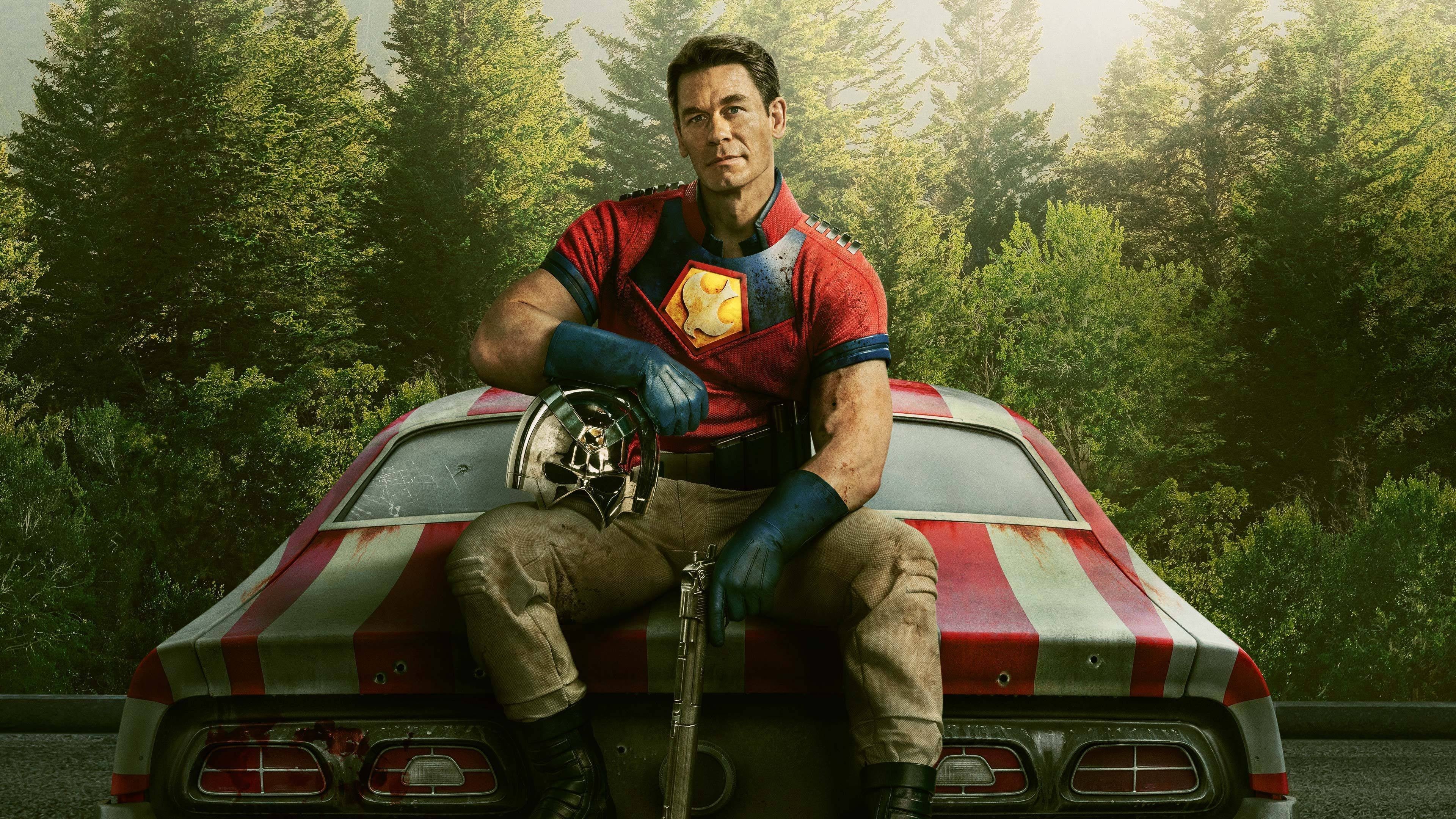
You see glimpses of that inner shift in his film career, particularly with roles he now rewatches not with critique, but clarity. In Trainwreck, he allowed himself to be the joke—a jacked-up boyfriend obsessed with protein shakes and intimacy talks in all the wrong places. In Peacemaker, he stepped into something deeper: the tragedy of a man built for war, learning (awkwardly, painfully) how to be human. “Peacemaker was the first time I felt like I was performing instead of pretending,” he once shared. That difference matters. Barbie may have surprised many, but not Cena. Appearing as a merman wasn’t a comedic misfire—it was a statement. That even in a world of pastels and glitter, Cena still had a place, because he made space. What’s compelling about this rewatch session isn’t nostalgia. It’s the quiet resignation—perhaps even relief—in Cena’s tone when he admits that many of those moments were a blur at the time. He had been running constantly from film fight, from set to gym, from performance to persona. But now, for once, he pauses. Watches. Remembers.
And when he does, what surfaces is not triumph, but tenderness. Tenderness for the version of himself that was still searching. Tenderness for the scenes he thought he bombed, but now sees as authentic. Even tenderness for the fans—loyal and loud—who saw past the jorts and five moves of doom, and held on. John Cena has always stood for hustle, loyalty, and respect. But what he perhaps never got enough credit for was vulnerability. For letting us laugh at him. For letting us in. For saying “yes” to projects that most action stars would consider beneath them, like playing himself in a Fred movie or donning a chrome toilet seat on his head to serve as justice's agent.
This retrospective isn’t just about career highlights. It’s about understanding that Cena's legacy isn't his championships or box office hits—it's his evolution from being an indestructible force to becoming an empathetic storyteller. He’s still learning and still growing. And most importantly, still showing up. Not as a wrestler, a star, or even a meme—but as John. Latest Note: As of 2025, Cena has hinted at taking fewer roles, focusing more on voice acting and mentorship in the film industry. “I think I’ve said enough. Now I want to help others find their voice,” he says. And if his journey has taught us anything, it’s that sometimes, stepping back is the bravest move of all.
